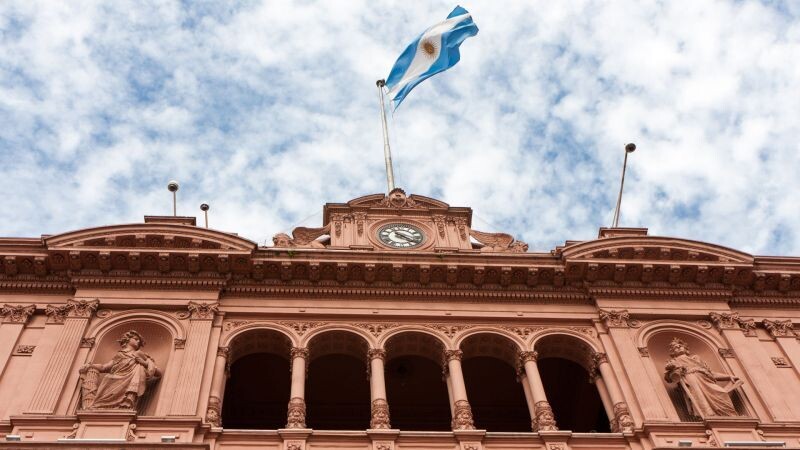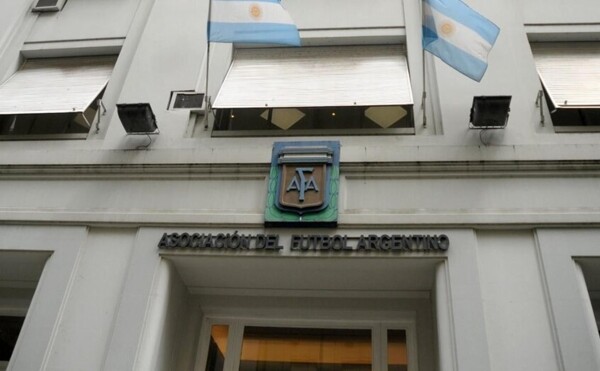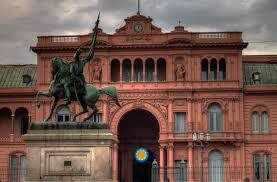
The Libra scandal raised doubts about the Government at a time when the political scene began to show cracks and popular support weakened. The Government decided to deploy an unprecedented repression operation in response to protests over the loss of value of assets, which have become routine on Wednesdays.
The protest became more organized, and this time there were confrontations between retirees, activists, and security forces in a high police presence between Congress and the Casa Rosada to disperse the demonstrators.
The tragedy in Bahía Blanca, where most of the deceased were elderly, destabilized a landscape of consensus that the Government had been managing without issues until then. This situation raised questions and caution among investors, who seek to remove the barriers to the movement of capital.
The public pain from the tragedy mixed with the questioning of politics and government management. Despite the weakness of the bridges between the government and the opposition, internal tensions have emerged, such as those evidenced by the fight in Congress between opposing factions.
In response to the demands from global investors to lift restrictions on the movement of capital, the Government has moved forward with an agreement with the IMF. This measure has been well received by the markets, which see it as a possibility for the normalization of the exchange rate and monetary scheme.
Uncertainty looms over the country's judicial and economic situation while waiting for a decision from the IMF. The violence in Congress has been criticized by the Minister of National Security, Patricia Bullrich, who stated that the demonstrators arrived "prepared to kill."
Tomorrow, the inflation for February will be revealed, which could exceed the floor of 2.2%. New price drops are expected to begin being recorded from April. The need for an agreement with the IMF and economic stability are central topics on the Government's agenda in a complicated international context.














